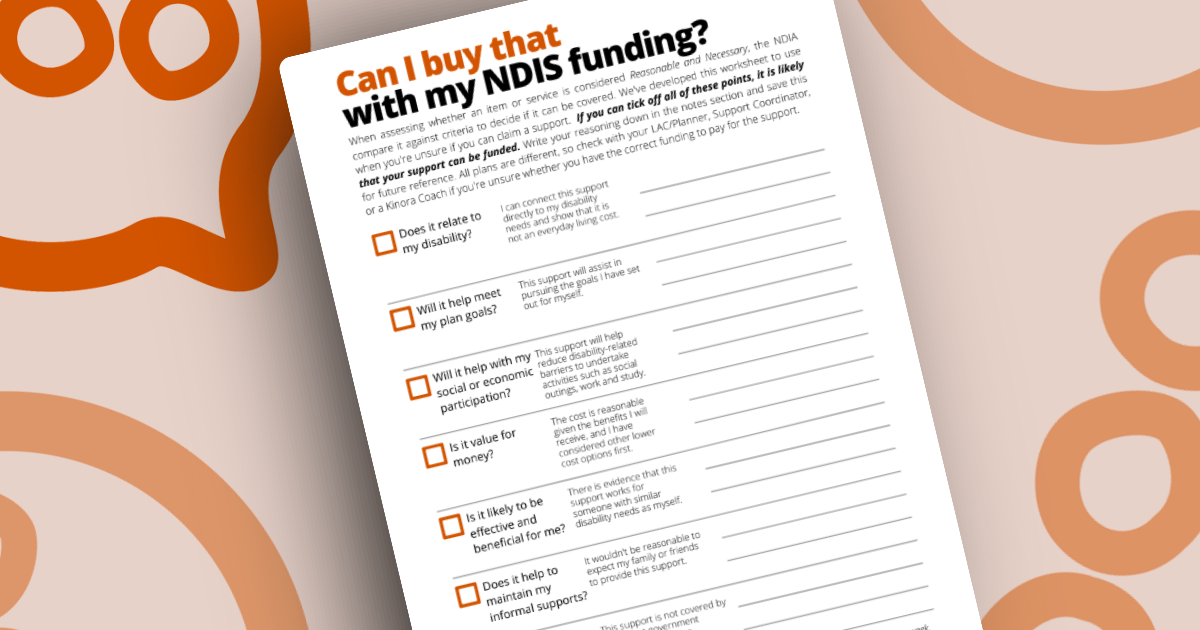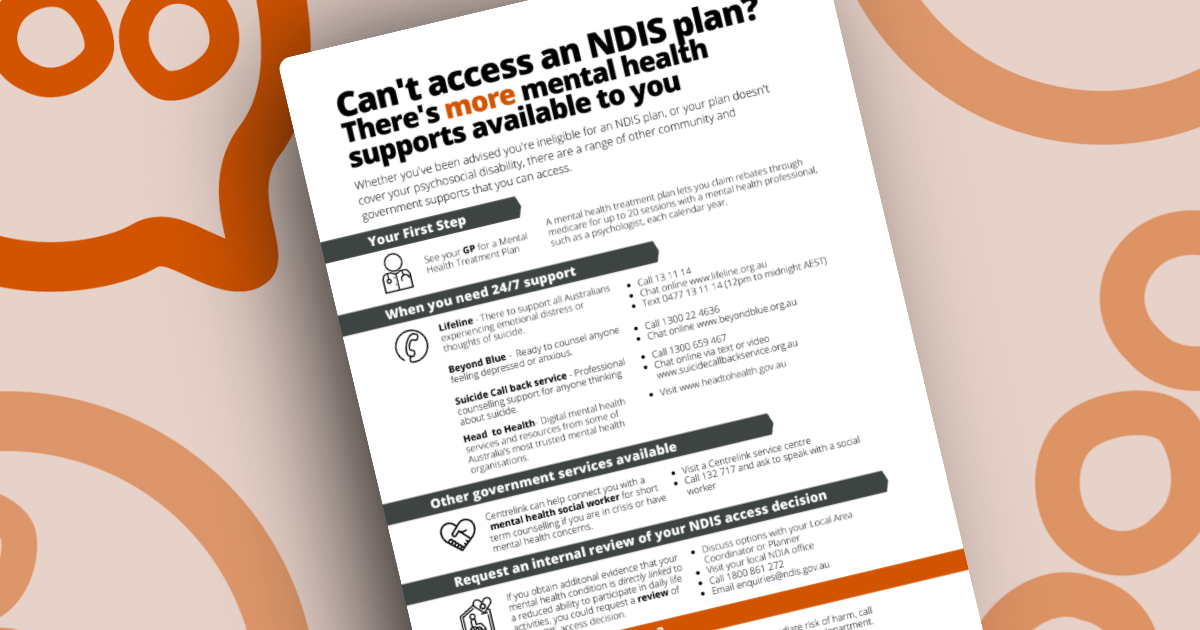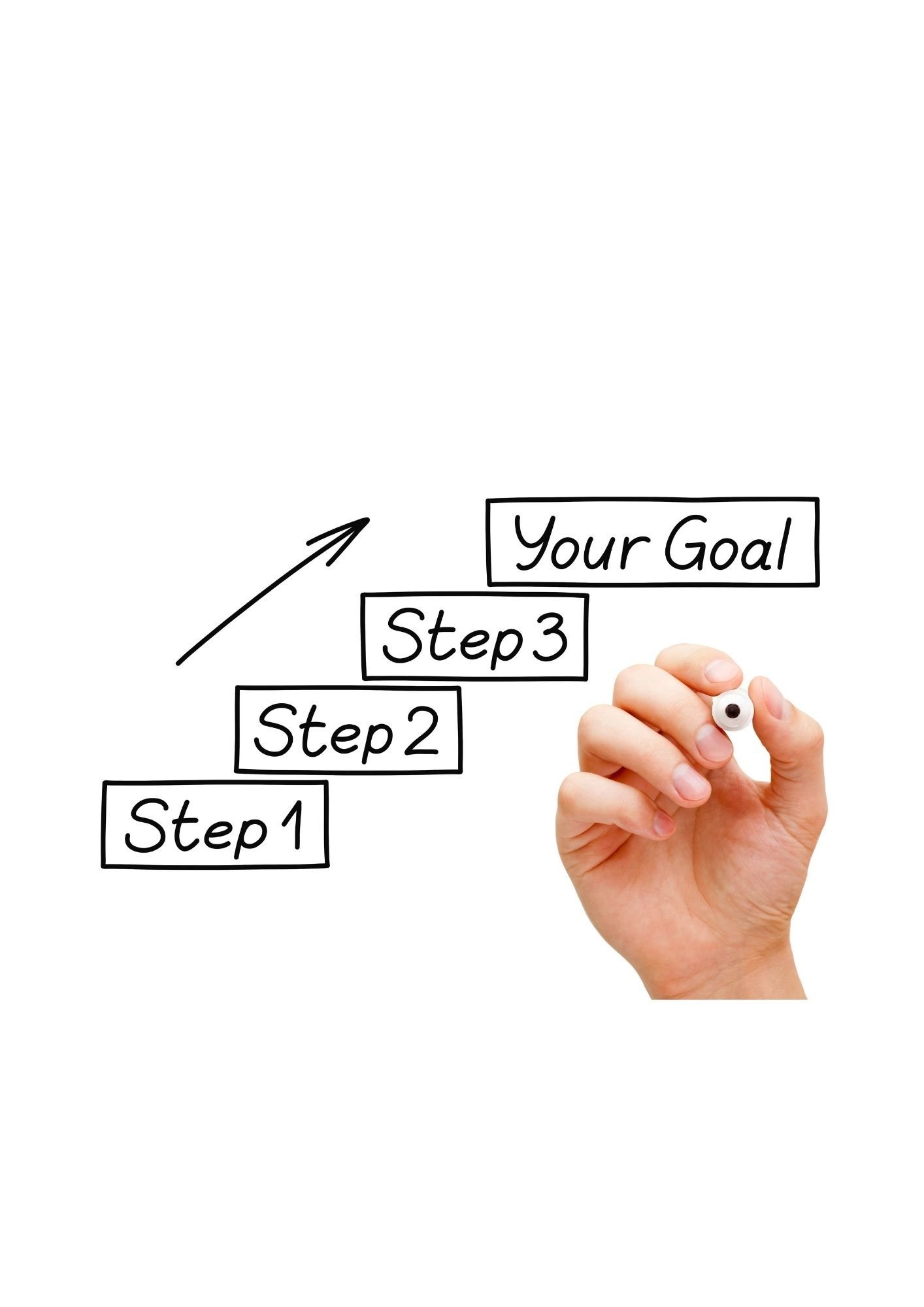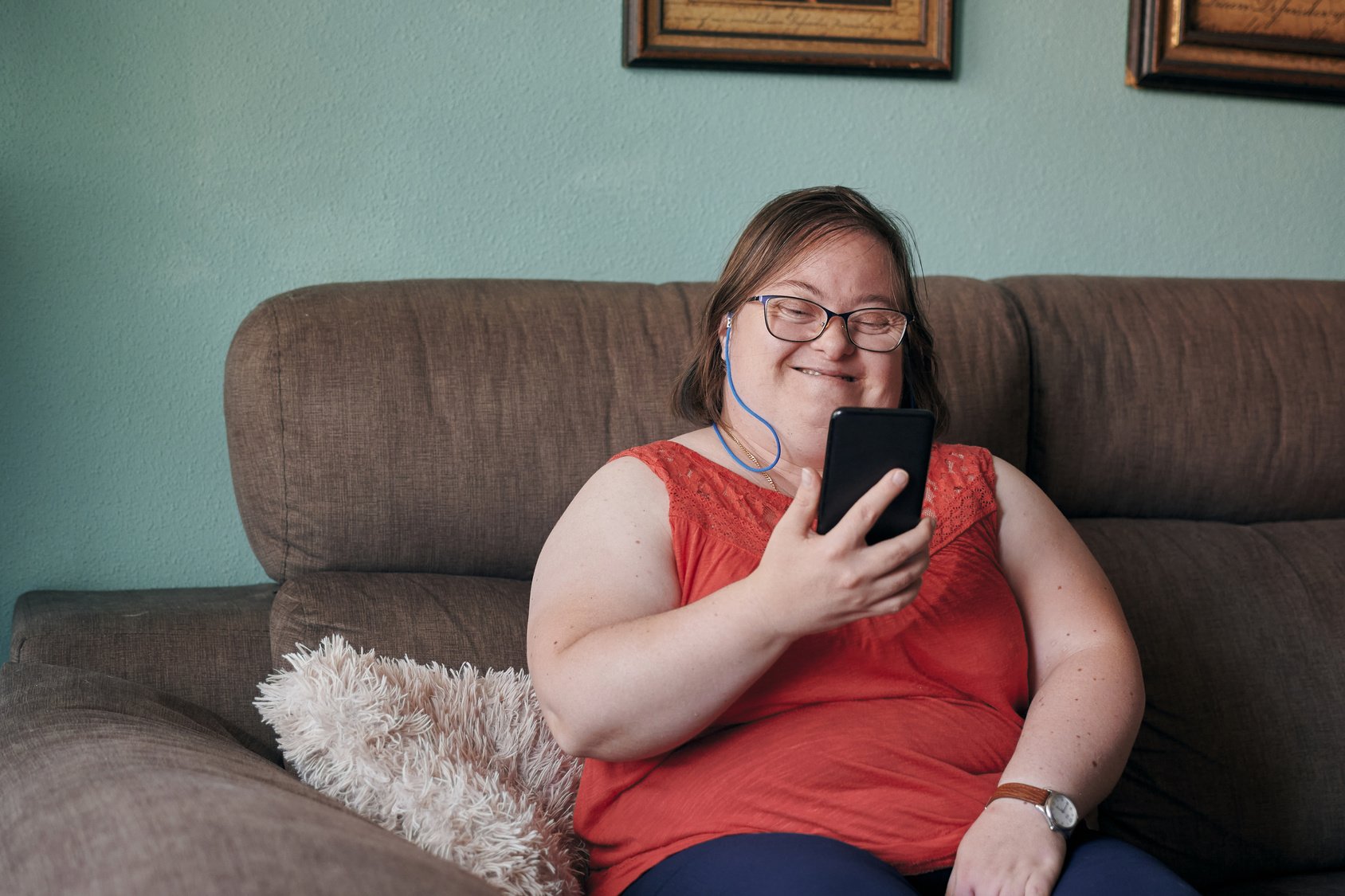Resource Hub
Get more from your NDIS with our carefully crafted Kinora resources. Dive into expert articles, handy worksheets, and insightful videos—all designed to simplify and empower your journey.
Join the Kinora community for support, connection, and answers to your NDIS questions.
Browse by type
Explore popular topics

Navigating your own NDIS journey
The NDIS process is a tricky journey, and many people find themselves taking a wrong turn before they’ve even been approved. But just like with any road trip, being in the driver’s seat and knowing what to expect, which forks in the road to take and which to avoid, makes the ride so much smoother.

Set NDIS Goals with greater SCOPE to maximise funding flexibility.
When putting together NDIS goals, most people look to the popular SMART goals framework, but then discover that it’s not quite right for achieving what they need with the NDIS. We’ve designed a more fit-for-purpose approach called SCOPE, giving NDIS participants greater funding flexibility when navigating the best way to accomplish what they set out to do.

Translate your ‘real life’ goals into NDIS speak to get the supports you need
As part of your NDIS journey, you’ll be asked to create goals in your planning meeting. Here’s a few incomplete case studies to give you an idea on how to reframe your goals to facilitate choice and opportunity.

Your map for the NDIS journey
Navigating the path to the NDIS requires you to be prepared, proactive, and ready to self-advocate. This is a map of the journey towards an NDIS plan.

Explore the eight domains of your life for life-changing NDIS goal setting: A brainstorming tool.
The NDIS exists with the premise that “anyone can make, work toward and achieve goals in their lifetime; regardless of their abilities or situation.” Goals give great insight into a person’s passions, what interests them and what they’d like to contribute to the world.

What your NDIS plan support categories can fund
Our factsheet breaks down the different support categories that may be included in your plan, to guide you in what could be funded.

Assess Your Goals - Start, Stop, Continue.
This worksheet provides a guide to assess your existing goals/supports regularly to be more intentional with change and progress for even better outcomes.

Reasonable and Necessary - Can I buy that?
This worksheet has been developed to use when you’re unsure if you can claim a support in your NDIS plan.

Mental Health Services Outside NDIS
Whether you’ve been advised you’re ineligible for an NDIS plan, or your plan doesn’t cover your psychosocial disability, there are a range of other community and government supports that you can access.

What if my NDIS plan doesn’t meet my needs factsheet
This factsheet provides an overview of the process on how to review or request a plan reassessment, to make it more suitable for your needs.

NDIS Scheduling Snapshot Worksheet
This worksheet is a great way to gain a clear overview of your monthly schedule and proactively manage a more balanced month.

Give your NDIS goals some SCOPE
We have designed a fit-for-purpose goal-setting approach called SCOPE. It is a framework all about giving NDIS participants choice and control when navigating the best way to set out their goals.

NDIS Budget - 6 month planner
Visualise your next six months using this template to help you stay on top of any schedule changes.

Break down big, broad goals into smaller, achievable objectives.
A goal is something you want to achieve, often within in a specific time frame like:
‘This year, I want to increase capacity to live independently, and actively contribute to the community in a meaningful way though my art.’

Did you know that your goals dictate what you can spend your NDIS funding on?
This week on Kinora, we share a few simple hacks to set strong goals, to do more with your plan and achieve better outcomes.

The NDIA are making changes to the way young children and families receive support through the NDIS early childhood approach.
While the NDIS early childhood approach is meeting the needs of many families across Australia, a number of reviews highlight inconsistent experiences of early intervention best practice, confusion about the intent of the early childhood approach, and missed opportunities for inclusive environments for all children and families.

An early childhood partner can work with you to develop an NDIS plan, identify goals, and find supports to best meet needs.
NDIS early childhood partners are teams of early childhood professionals, including therapists and educators, who deliver services to support the NDIS early childhood approach. Let’s dive into how they can assist families to navigate the NDIS.

The key worker model is the best practice approach recommended by the NDIS for children with developmental delays or disability.
Families benefit most when early childhood professionals work to form a team around their child, working together to support the child’s learning and development across their everyday routines and activities.

NDIS funding to support a child with developmental delay. Helping build firm foundations for early childhood
A developmental delay is attributed to either a mental or physical impairment, or a combination of both that’s seen to impact self-care, receptive or expressive language, cognitive development like understanding information, and/or motor development - which is everyday activities like moving around the home.

A lot of us would love a break away, which is why today we’re answering some frequently asked questions about the NDIS and travel.
Does the NDIS fund holidays?
The answer is no, the NDIS does not cover holidays 👉but it may cover use of your funds for the cost of care and support while you are on holidays, if travel supports the goals in your NDIS plan.

Got NDIS questions?
We are a community of solutions. A safe and supportive online community for those living with disability.

